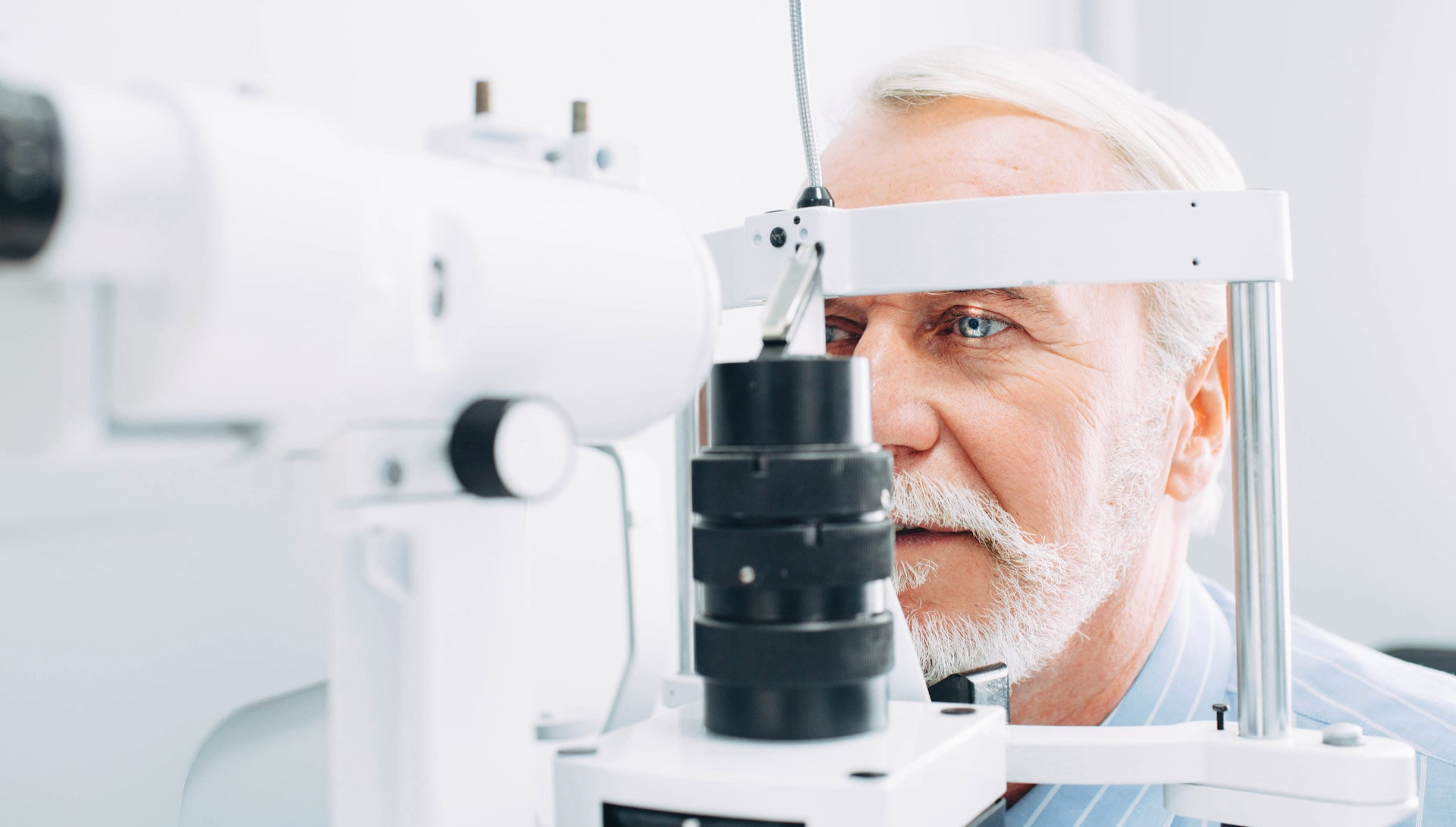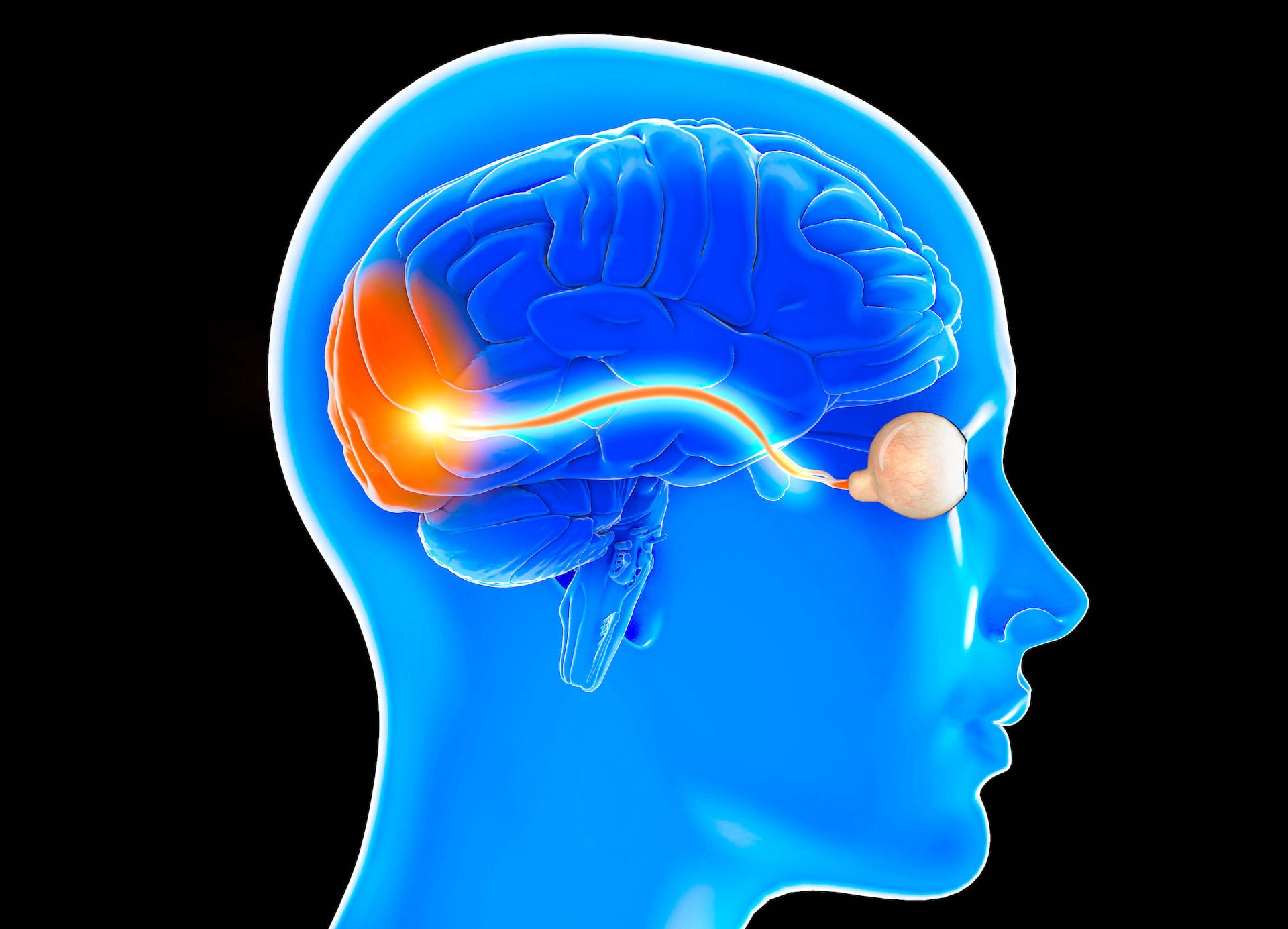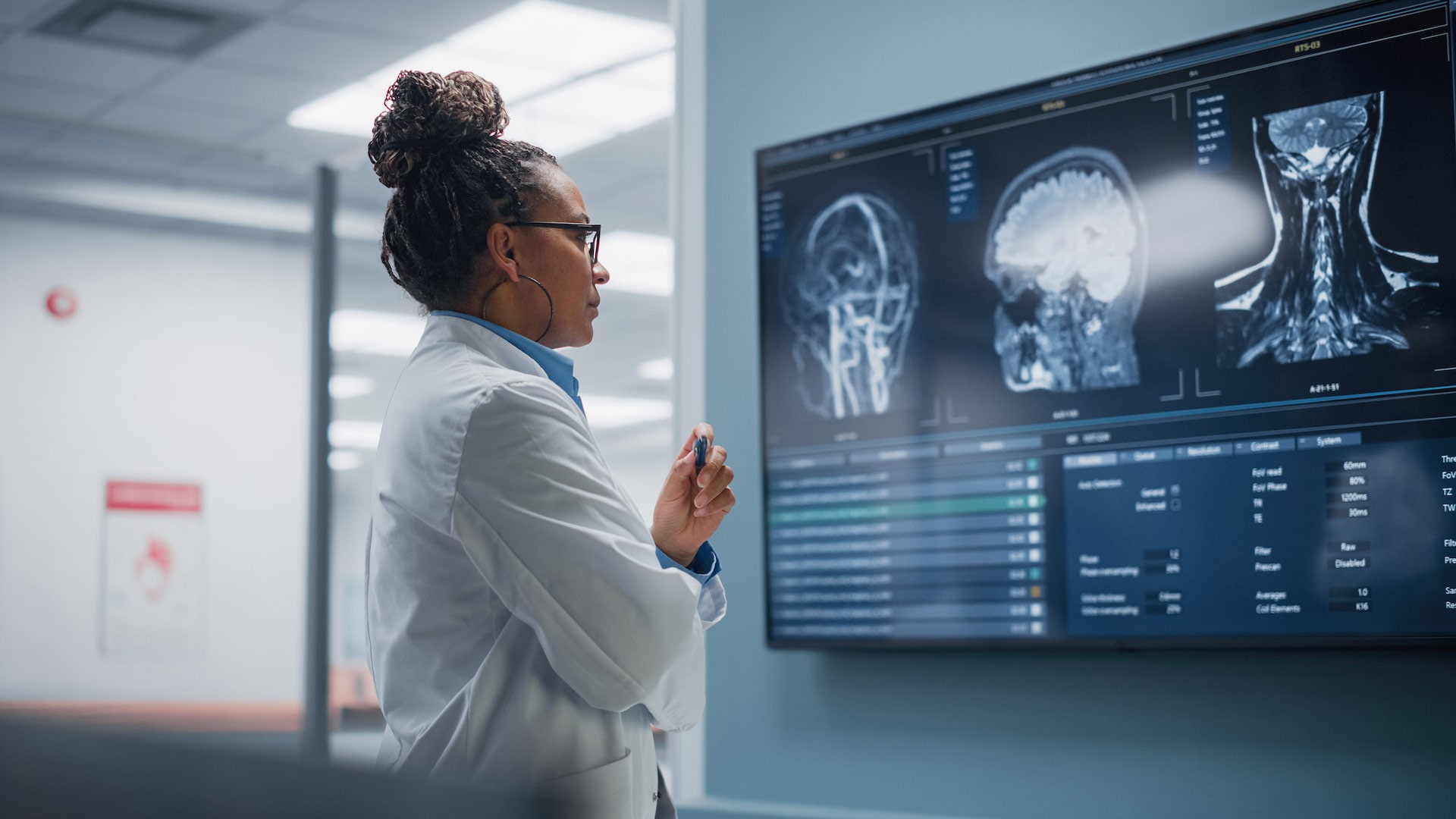Specialized Eye Services
Neuro-Opthalmology
What is Neuro-Ophthalmology?
As the name indicates, neuro-ophthalmology is the field where neurology and ophthalmology meet, focused on visual problems related to the nervous system—not from the eyes themselves. Neuro-ophthalmology specializes in problems of the eye and optic nerve, brain, as well as the nerves and muscles controlling the eyes.

Diagnosing Neuro-Opthalmology Disorders
The causes of problems in neuro-ophthalmology range widely from non-worrisome to vision threatening or life-threatening conditions. Some conditions are not just limited to the eye, but are due to problems affecting the brain or the entire body so a neuro-ophthalmologist has an important role in making the correct diagnosis and the best treatment plans and management, often in collaboration with other physicians.

Top Three Neuro-Ophthalmology Disorders
Optic Neuropathies and Vision Loss
The optic nerve carries the visual information from the eye to the brain. Problems with the optic nerve can cause vision loss with symptoms of blurry vision when driving, watching TV, or reading; loss of peripheral vision; or impaired colour perception. Common causes of optic neuropathies including interruption of blood flow to the optic nerve, autoimmune conditions such as multiple sclerosis, or tumors compressing the optic nerve.
Double Vision (Diplopia)
Double vision can be caused by the impairment of the nerves or muscles that control the eyes: if the eyes aren’t both aligned and focused on the same object, one can see two objects as result. A neuro-ophthalmologist can determine if it the diplopia is related to a problem with in the eye, muscles, nerves, or brain and initiate treatment as necessary.
Eyelid Abnormalities
Eyelids play an important role in vision, providing protection and lubrication to the eye itself. Dysfunction of the eyelids including droopy eyelids (ptosis), inability to close the eyelid, or spasms of the eyelids can be caused by issues with the nerves or muscles that control the eyelid. Common eyelid issues can be caused by age-related weakening, cranial nerve disorders including Bell’s palsy, or autoimmune conditions such as myasthenia gravis.
Treatments of Neuro-Opthalmology Disorders
The causes of neuro-ophthalmic disorders can range from benign issues that get better on their own and don’t require any treatment, to vision-threatening or life-threatening conditions. With careful consideration of the ophthalmic, neurologic, and other medical issues of each patient, appropriate investigations can be organized to reach the correct diagnosis. Frequently this can involve advanced testing of the eye itself with special pictures/imaging of the back of the eye and optic nerve, tests of peripheral vision, bloodwork taken at a local lab, or CT or MRI scans of the brain done at a hospital.
Many neuro-ophthalmic conditions involve other parts of the body beyond the eye, and interdisciplinary care is coordinated with other physicians including family doctors, neurologists, neurosurgeons, and others. Treatments offered can vary widely from reassurance or observation, prism glasses for double vision, eye drops, oral or intravenous medications, or referrals for surgeries with ophthalmologists, neurosurgeons, or other surgeons.

